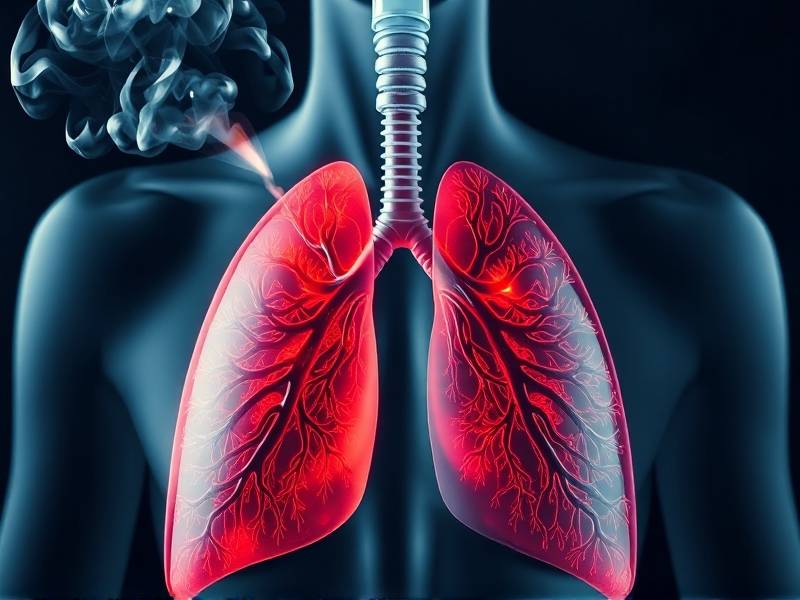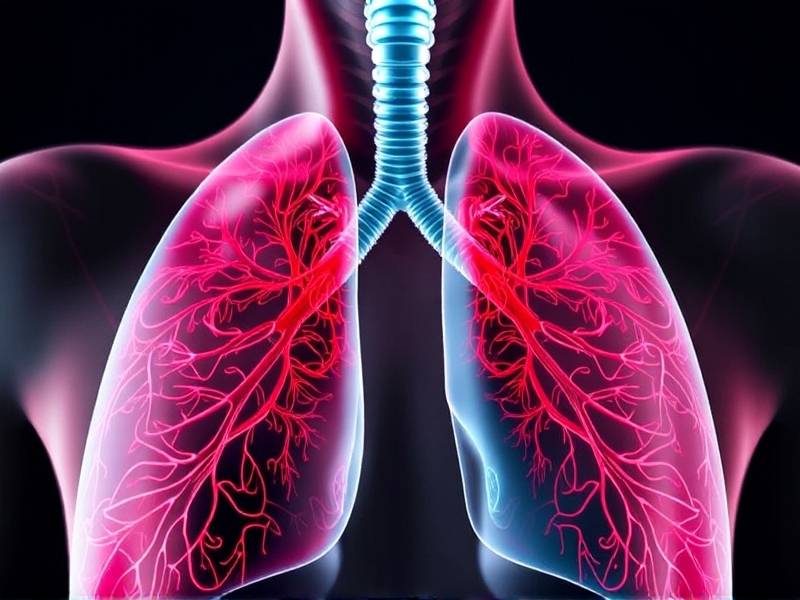How to Revitalize Your Lungs After Quitting Smoking: Effective Methods for a Healthier Breath
Introduction
Quitting smoking is a significant step towards a healthier life, but the journey doesn't end there. The lungs, having been exposed to the harmful chemicals in cigarettes for years, require time and care to recover. This article explores effective methods to revitalize your lungs after quitting smoking, helping you breathe easier and enjoy improved health.
Understanding Lung Recovery
After quitting smoking, your lungs begin the process of repair and regeneration. It's important to understand that this process takes time, with noticeable improvements often occurring within a few months to years. Here's how you can accelerate this recovery:

1. Increase Oxygen Intake
Physical activities like walking, jogging, or cycling help increase lung capacity by improving oxygen intake. Engaging in regular exercise also strengthens the respiratory muscles and enhances lung function.

2. Practice Deep Breathing Exercises
Deep breathing exercises, such as pranayama or diaphragmatic breathing, can help clear out mucus and improve lung function. These exercises involve slow, deep breaths that allow the lungs to expand fully.
3. Avoid Exposure to Pollutants
Smokers are more susceptible to respiratory issues due to prolonged exposure to pollutants. After quitting, it's crucial to minimize exposure by avoiding smoky environments and polluted areas.
Nutritional Support for Lung Health
A well-balanced diet can provide essential nutrients that support lung health:
4. Consume Foods Rich in Antioxidants
Antioxidants help combat oxidative stress caused by smoking and protect lung tissue from damage. Incorporate fruits like berries, apples, and vegetables like spinach and kale into your diet.
5. Stay Hydrated
Drinking plenty of water helps thin mucus in the lungs and facilitates its clearance from the airways.
Supplements for Lung Support
While supplements should not replace lifestyle changes or medical advice, certain supplements may aid lung recovery:
6. Vitamin D
Vitamin D is essential for immune system support and has been shown to have anti-inflammatory properties that may benefit lung health.
7. Omega-3 Fatty Acids
Omega-3 fatty acids have anti-inflammatory effects that can help reduce inflammation in the lungs.
Seek Professional Help When Needed
If you experience persistent symptoms such as shortness of breath or chest pain after quitting smoking, it's important to consult a healthcare professional for an evaluation.
Conclusion
Revitalizing your lungs after quitting smoking is a gradual process that requires dedication and patience. By incorporating these effective methods into your routine, you can improve lung function and enhance your overall quality of life. Remember that each individual's recovery journey is unique; stay proactive in monitoring your progress and seek professional advice when needed.
By following these steps and maintaining a healthy lifestyle post-quitting smoking, you'll be well on your way to enjoying clearer breaths and better health in no time!
